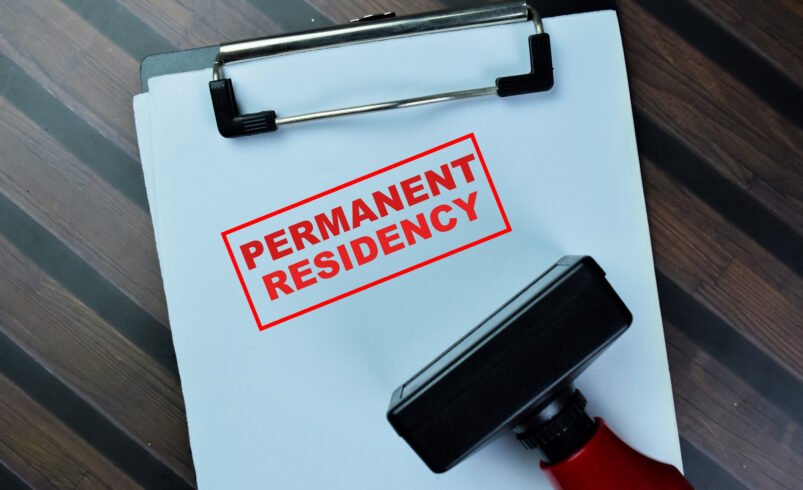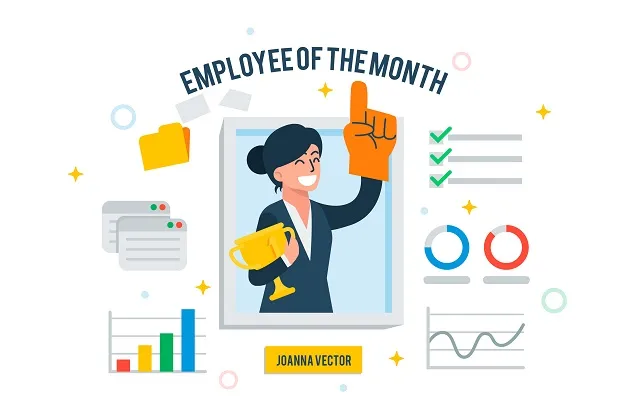Building a Life Abroad: When Does Applying for Permanent Residency Actually Make Sense?

Moving to another country for work is one thing. Deciding to make it permanent is something else entirely. Most people working abroad eventually face this question: should they apply for permanent residency or just keep renewing their work pass? The answer isn’t as straightforward as it seems, and timing matters more than most realize.
The Career Stability Factor
Here’s the thing – applying for PR when career circumstances are uncertain rarely makes sense. The application process takes months, sometimes over a year, and approval often depends on having stable employment in a relevant field. Someone who’s been with the same employer for three years and has clear career progression stands a much better chance than someone who’s switched jobs twice in 18 months.
But stability isn’t just about staying with one company. It’s about demonstrating that roots have been established in the country. This includes consistent tax contributions, professional development in the local market, and showing that the move isn’t temporary. Immigration authorities look at these patterns because they want residents who’ll contribute long-term, not people who might leave in two years.
When Work Pass Renewal Becomes a Concern
Most professionals don’t think about PR until their work pass renewal gets complicated. Maybe the employer is downsizing, or new regulations make renewal less certain. That moment of vulnerability often triggers the PR conversation. The problem is, applying from a position of weakness shows in the application. Immigration departments can tell when someone’s applying out of desperation versus genuine commitment to staying.
The better approach involves applying while still in a strong position. When employment is secure, salary is competitive, and professional reputation is solid, applications carry more weight. For those considering this path in places with competitive PR systems – whether working toward becoming a 新加坡永久居民 or pursuing status elsewhere – working with specialists who understand local requirements can help applicants position themselves properly rather than rushing through applications that might get rejected.
Family Timing Changes Everything
Single professionals have flexibility that families don’t. Once kids enter the picture, the calculation shifts completely. School enrollment, healthcare access, and long-term stability become priorities. Many parents apply for PR specifically to secure better schooling options and avoid the uncertainty of dependent passes that tie children’s status to a parent’s employment.
The age of children matters too. Applying when kids are young enough to adapt but old enough to benefit from stable residency creates advantages. Teenagers facing university decisions need to know whether they’ll qualify for local admissions and fees or be treated as international students. That five-year wait to apply for PR while kids are growing up can cost families real opportunities.
The Financial Reality Nobody Mentions
PR status changes financial planning significantly. Access to certain housing options, ability to purchase property with fewer restrictions, and eligibility for government schemes all depend on residency status. But the application itself costs money – sometimes quite a bit when factoring in professional help, document preparation, and associated fees.
What catches people off guard is the ongoing financial commitment that comes with PR. There are expectations about maintaining local bank accounts, continuing tax residency, and fulfilling military service obligations in some countries. These aren’t just bureaucratic requirements – they’re genuine commitments that affect lifestyle and finances for years.
Reading the Political Climate
Immigration policies don’t stay static. Countries adjust their PR criteria based on economic conditions, population goals, and political priorities. What works today might be harder tomorrow. Watching these trends helps with timing decisions.
Some years see governments actively encouraging PR applications from certain professional sectors or age groups. Other times, approvals tighten across the board. People who pay attention to these shifts can time applications when policies favor their profile. Missing a favorable window might mean waiting years for similar conditions to return.
The Commitment Question
PR isn’t citizenship, but it’s not temporary either. Most countries expect permanent residents to maintain physical presence, meaning spending a certain number of days per year in the country. For professionals who travel frequently or might want to work elsewhere, this requirement creates complications.
There’s also the psychological shift that comes with PR. It changes how someone views their time abroad – from an extended work assignment to actually building a life. Some people aren’t ready for that mental transition, even if they meet all the practical criteria. Applying because it seems like the next logical step, without genuine intention to stay long-term, often leads to regret.
Making the Decision
The right time to apply combines several factors: career stability, family needs, financial readiness, favorable policies, and genuine commitment to staying. Waiting for all conditions to be perfect means possibly waiting forever, but rushing the application when circumstances aren’t aligned usually ends in rejection or, worse, approval followed by regret.
Most successful applicants describe a moment when applying just made sense – when their life abroad stopped feeling temporary and started feeling like home. That internal certainty, combined with meeting external criteria, creates the strongest applications. The paperwork matters, but the genuine intention to build a lasting life in the country matters more.
For anyone weighing this decision, the question isn’t just “Can I get PR?” but “Do I actually want to be a permanent resident with everything that entails?” The answer determines not just timing, but whether applying makes sense at all.




